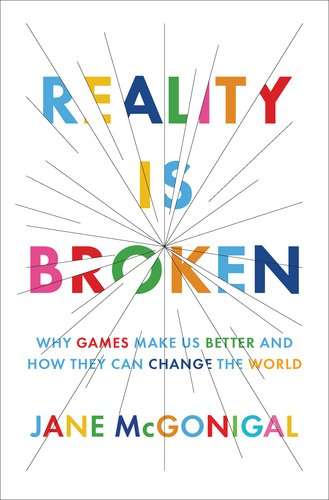by Annie | Jul 22, 2011 | Psychology of Games
People are often surprised when I tell them I came to game design through teaching. “Wow, that’s a huge switch!” they’ll say. But if you examine the core of teaching and game design, they’re really not all that different. Sure, I used games in the classroom. On any given day, you could’ve walked into my classroom and seen my students engaged in a scavenger hunt, team trivia tournament, or math race. And let me tell you, any time I brought up the word game, even the most reluctant student would perk his ears up, eager to try something new. But I’m not just talking about using games to enhance teaching. I’m talking about teaching itself. The very act of teaching is, in itself, a form of game design. A teacher has a specific goal in mind (e.g., having her students pass the state math exam) and creates a structured experience to guide students toward that goal. So what do I do as a game designer? The same exact thing. I have a goal in mind, and I structure an experience to teach players the skills they’ll need to master the mechanics and succeed. And what I’ve discovered thus far is that, aside from a clear goal, the most important element of games is clear and immediate feedback. And that’s what my students responded to most in the classroom. Homework exercises required waiting until the next day to figure out if they got the answers right, but games allowed them to immediately correct any misunderstandings and level up their skills. If you think about it, the variety and intensity of...

by Annie | Jul 13, 2011 | Psychology of Games
Wow, look at you reading my blog. And here I didn’t even know you could read. I guess that big head of yours is good for something after all. Or maybe not. As it turns out, trash-talking is almost as important to our enjoyment of social network games as the core gameplay. As counterintuitive as it may sound, research has found that teasing each other is one of the fastest and most effective ways to build and intensify positive feelings for each other. Remember all those times you spent teasing your friends on the playground back in the day? You were just secretly trying to become more popular. What a sad little life you lead. The psychology of teasing was especially pertinent as I played through the Portal games recently. (Yes, I know. I’m a bit late to the party.) The more GLaDOS trash-talked me, the more determined I became and the more I wanted to keep playing. I would try as hard as I could to solve the puzzles, then I’d get a monotone statement like, “Remember before when I was talking about smelly garbage standing around being useless? That was a metaphor. I was actually talking about you. And I’m sorry. You didn’t react at the time so I was worried it sailed right over your head. That’s why I had to call you garbage a second time just now.” Admit it. You love it. So as you’re designing games, especially social games, keep in mind the psychology of teasing and what it could add to your game. Of course, having a great writer like Erik Wolpaw on...

by Annie | Jun 28, 2011 | Psychology of Games
We’ve always been taught that the opposite of play is work. Play is fun. Work is not. However, positive psychologists have found that work and play can be one and the same. In fact, people tend to be happiest when they’re working hard. That’s why games are so popular and so many people spend so much time playing them. Games provide achievable goals with rules and obstacles. Games make you work hard, but that means you’re having fun! If you’re interested in learning more, I highly recommend checking out Jane McGonigal’s book Reality is Broken. I’ve just started the book but have already learned a lot about the psychology and real world application of games....


